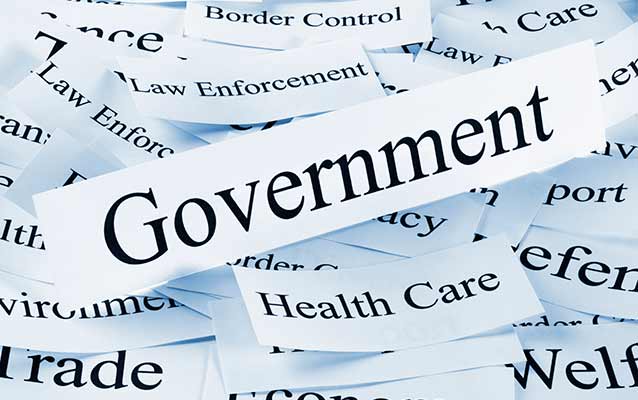Unpacking Political News The first portion of the chapter reviews the impact of journalistic routines on political news-gathering. The second part looks at the role played by organizational forces, a topic that brings us eyeball to eyeball with controversies involving Fox News. The third section explores the ways that an array of economic factors shape news. The final portion describes the complex ways that the larger political system influences news, particularly coverage of recent wars. MEDIA ROUTINES What are media routines? They are defined as “those patterned, routinized, repeated practices and forms that media workers use to do their jobs”. From a professional perspective, routines enable reporters to gain information efficiently, providing tried-and-true methods to determine which information should pass through the informational gates and which should be discarded. There are three key routines: (1) Ethically based and journalistic news values; (2) Reliance on sources; (3) Dependence on informational channels. […]
Norms, Conformity & Social Learning Approach
Write a comprehensive note on the following: i) Norms ii) Conformity iii) Social Learning Approach i) Norms Wrightman has proposed that conscience operates, when each individual is working on his or her own, but when the person functions in “organizational mode” one’s individual conscience is no longer relevant. Such persons are operating in an agential state, or a condition in which the person sees himself or herself as an agent for carrying out another person’s wishes, in contrast to a state of autonomy, or acting on one’s own. According to social-psychological research, the presence of others, “whether in immediate sense or in the actor’s psychological definition of the situation” (Warner and DeFleur, 1969), exerts influence on the individual to act in a manner that is consistent with what those others are perceived to feel is appropriate and desirable conduct. According to this research it was noted that behaviour […]
Norms, Folkways, Values and Groups
Explain the following terms with your own examples. a) Norms b) Folkways c) Values d) Groups a) Norms: Social norms are described by sociologists as being laws that govern society’s behaviors . Although these norms are not considered to be formal laws within society, they still work to promote a great deal of social control. Social norms can be enforced formally (e.g., through sanctions) or informally (e.g., through body language and non-verbal communication cues.) If people do not follow these norms then they become labeled as deviants and this can lead to them being considered the outcast of society. What is considered “normal” is relative to the location of the culture in which the social interaction is taking place. Norms in every culture create conformity that allows for people to become socialized to the culture in which they live. Sociology’s theorists such as Talcott Parsons and Karl […]
